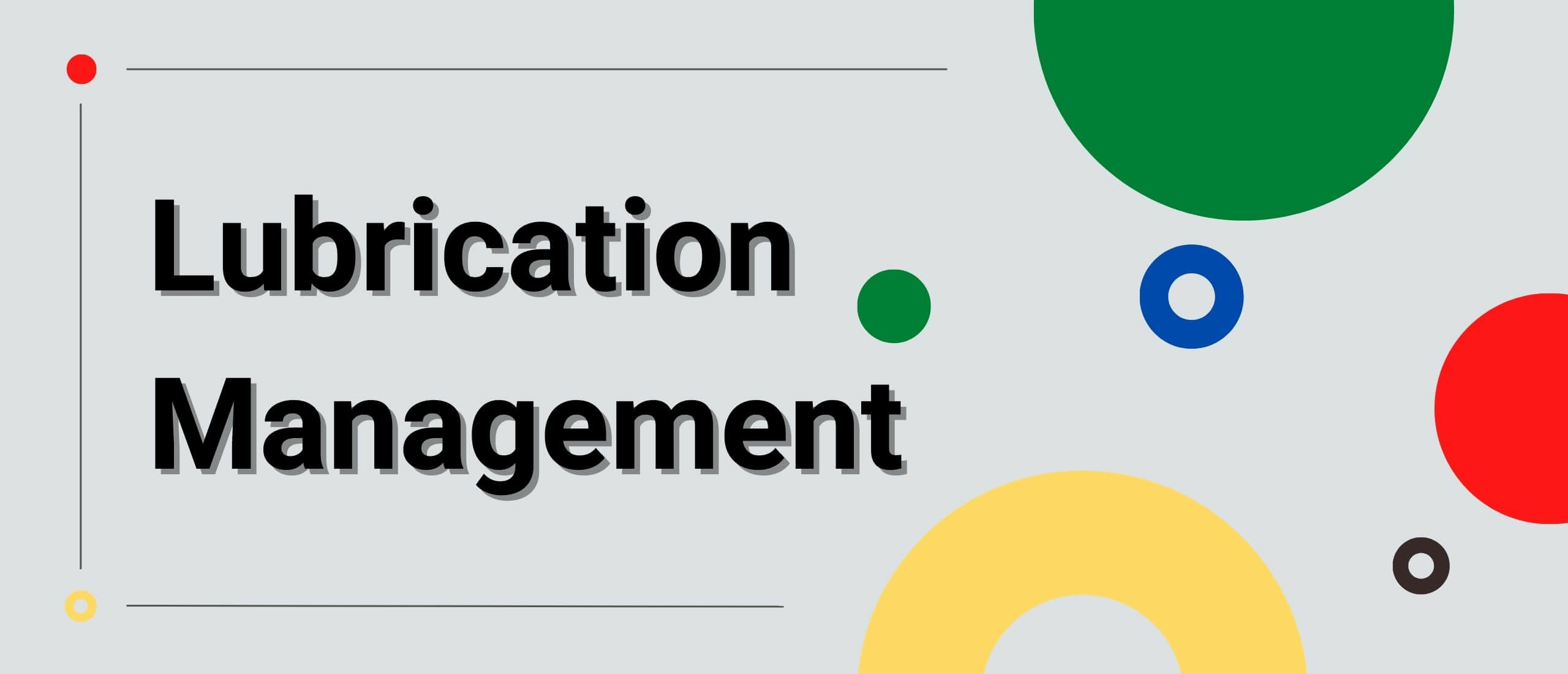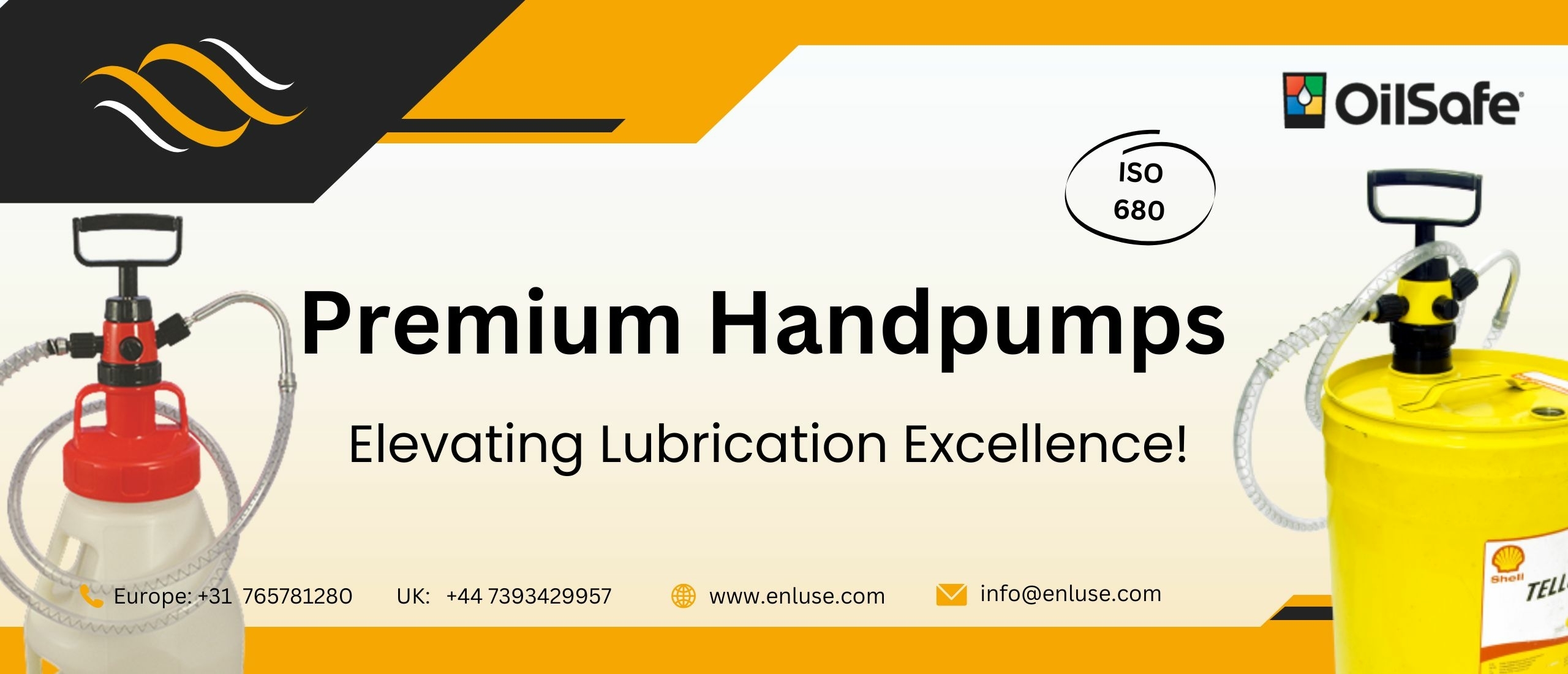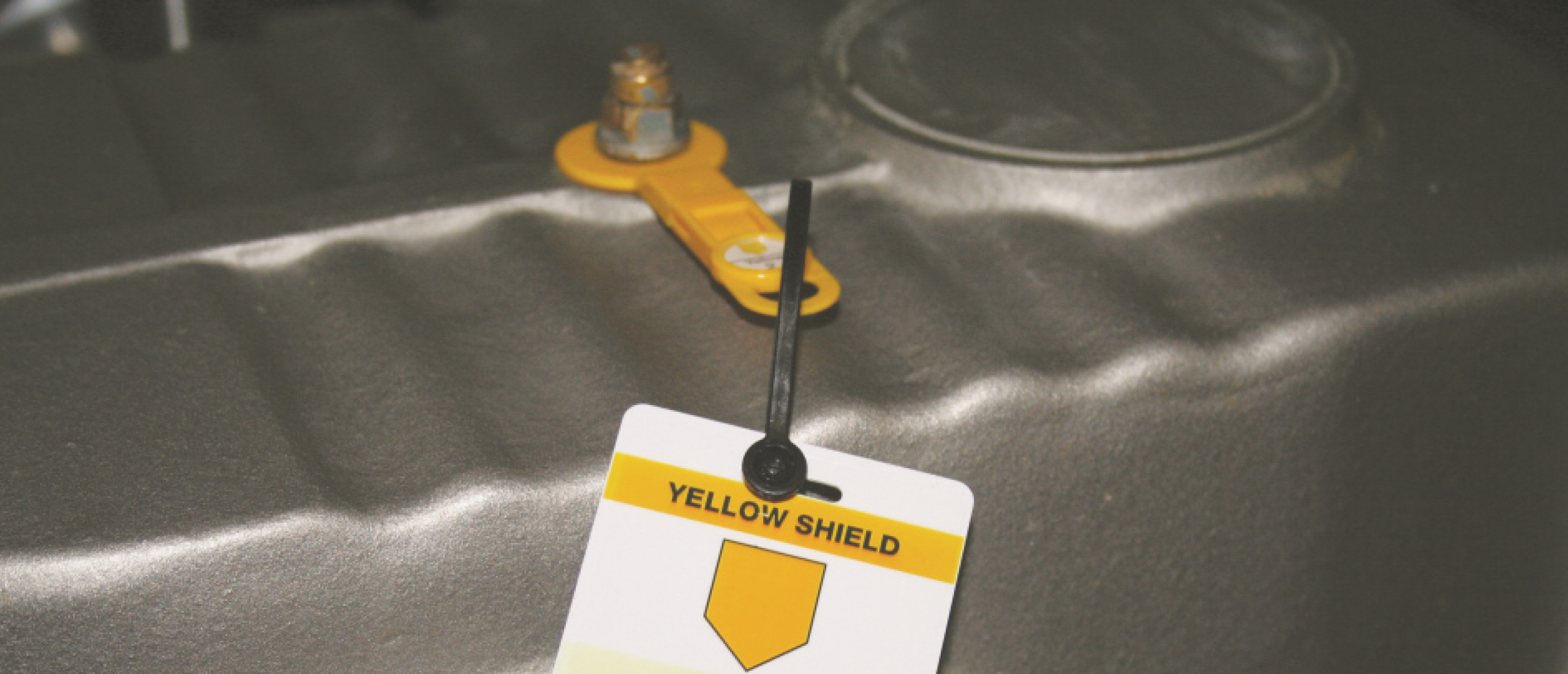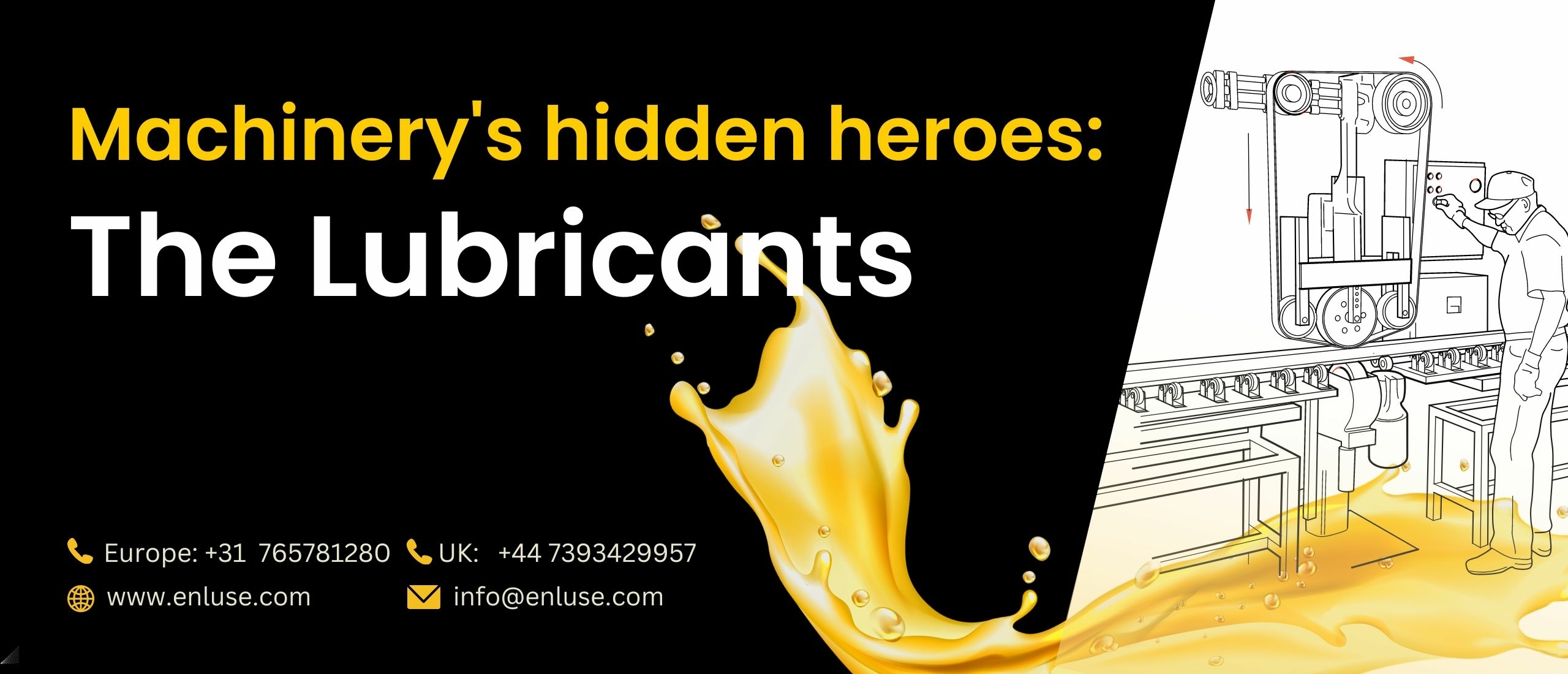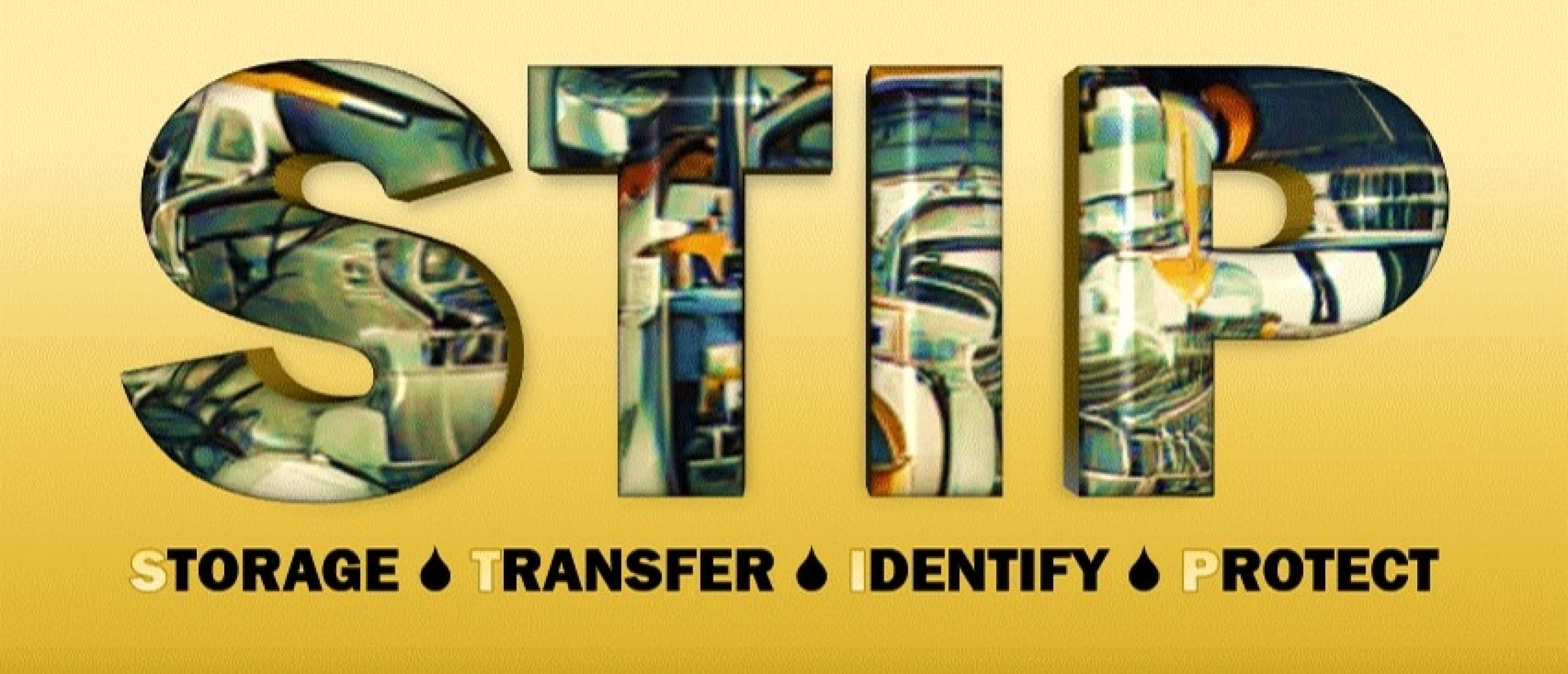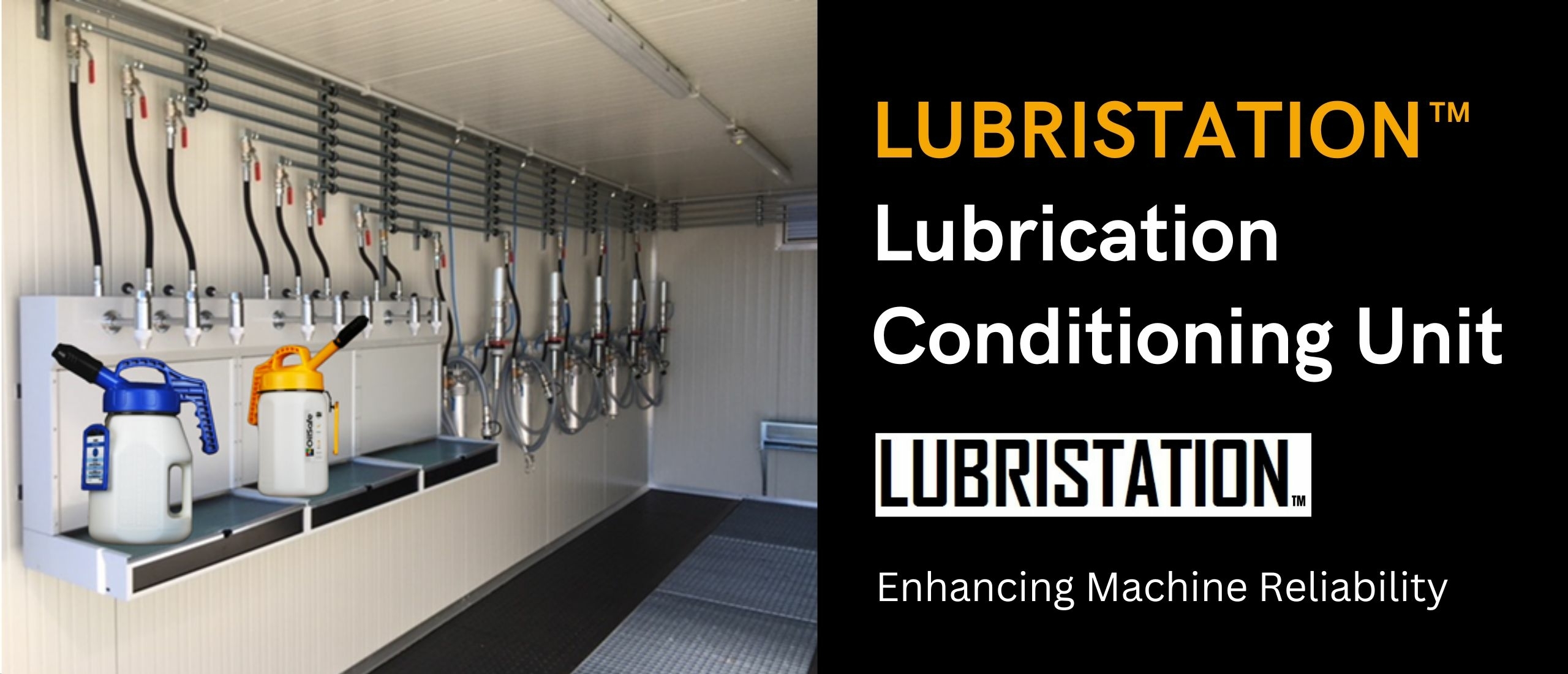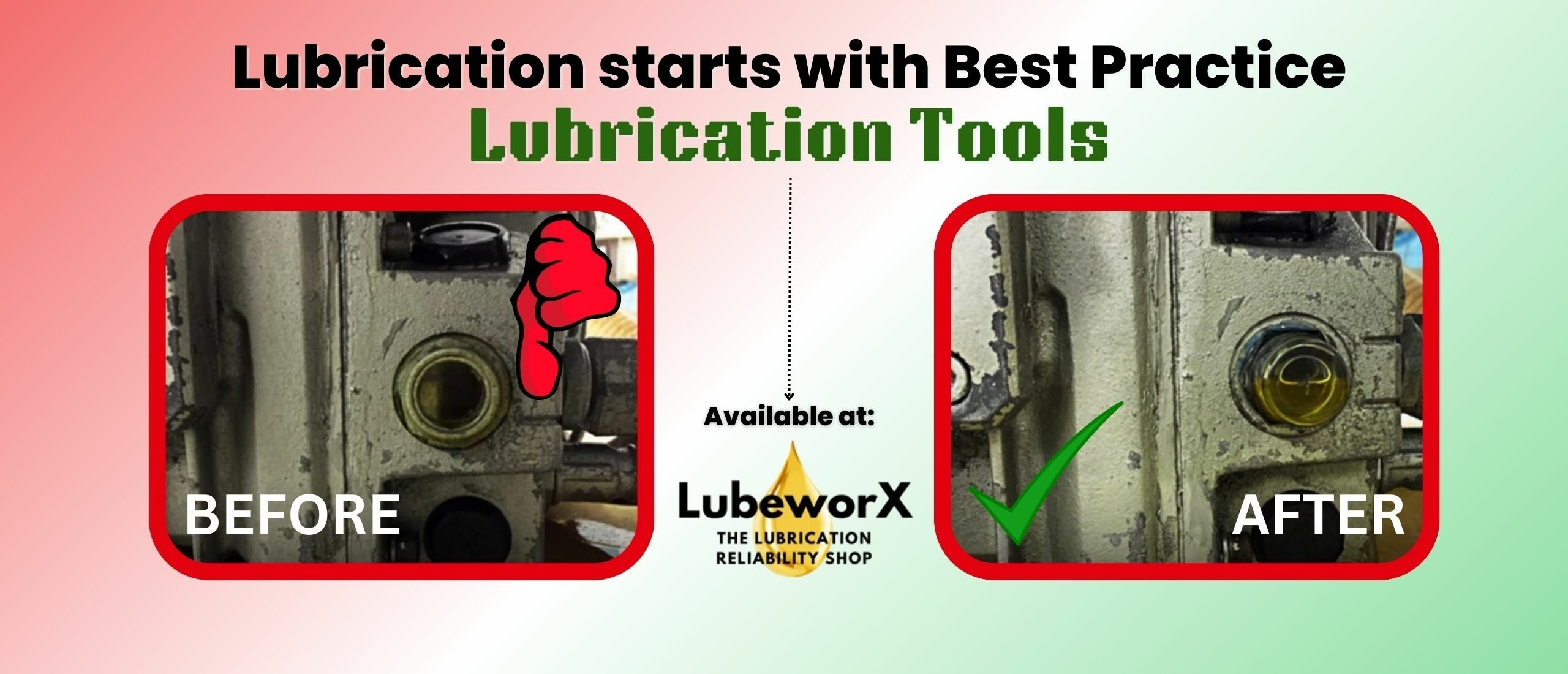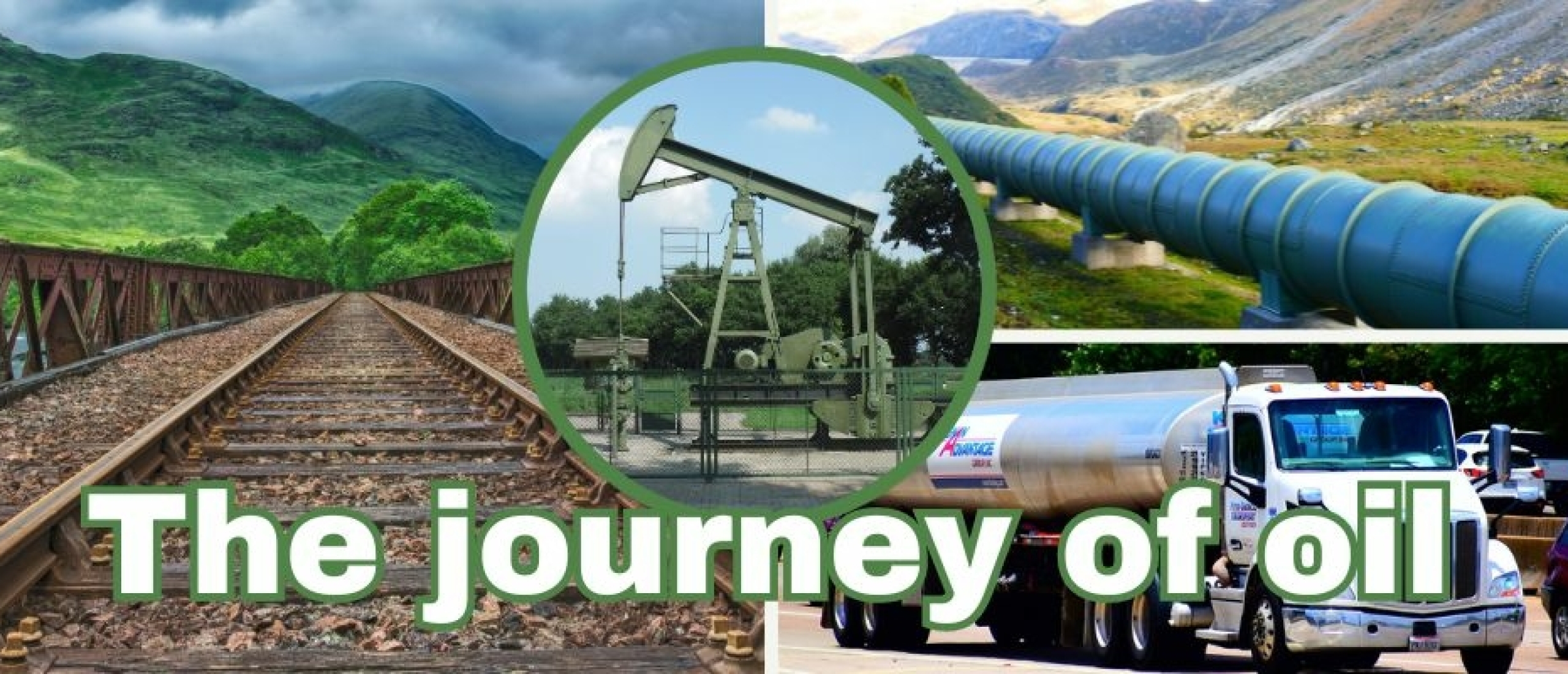
The Journey of Oil - Part 1
Introduction
The journey of oil, from its initial extraction to its final destination within machinery, is a complex and lengthy process fraught with challenges and dangers.
As crude oil is drawn from deep underground reservoirs, it begins a transformative journey that spans various stages of refining, transportation, storage, and utilization.
 The journey of oil: Exploring its Path from Extraction to Machinery
The journey of oil: Exploring its Path from Extraction to Machinery
Along this path, the oil encounters numerous risks of contamination and degradation, posing threats to both its quality and the efficiency of the machinery it serves.
Understanding these dangers is crucial in ensuring the integrity of the oil and the smooth operation of industrial processes.
Join us as we delve into the intricate journey of oil and unravel the perils it faces on its way to becoming the lifeblood of machinery.
Oil Pump Jack
At the outset of its journey, oil is extracted from deep underground reservoirs using pump jacks. During this process, contaminants such as sand, water, and sediment may mix with the oil, causing it to become impure. Additionally, minerals and organic matter from the earth can also infiltrate the oil, further contributing to its contamination.
 Pumpjack - pipeline - oil pumps ,
Pumpjack - pipeline - oil pumps ,
Refinery
Upon extraction, the crude oil undergoes refining processes at a blend plant. However, even after refining, the oil may still carry impurities from the extraction phase.
Furthermore, during transportation via train, truck or pipeline to the distribution site, there's a risk of exposure to environmental pollutants and other foreign particles, adding to the oil's dirtiness.
 Transportation of oil via train, truck or pipeline
Transportation of oil via train, truck or pipeline
Distributor(s)
During storage and distribution, oil is typically held in various containers such as bulk tanks, 55-gallon drums, or smaller 10L containers. Despite efforts to maintain cleanliness, these containers can introduce contaminants like dust, rust, or residue from previous contents, leading to further degradation of the oil quality.
 55-gallon drums, bulk tanks, containers
55-gallon drums, bulk tanks, containers
Plant
At the plant where the oil is processed or used, the potential for contamination persists. Equipment such as storage tanks, pipelines, and processing machinery may introduce impurities if not properly maintained. Additionally, environmental factors like humidity and temperature fluctuations can exacerbate the oil's degradation over time.
 Bad Practices
Bad Practices
And this is something you don't want.
Unfortunately it's common practice!
Machinery
Finally, when the oil is utilized in machinery, there are additional opportunities for contamination. Handling procedures involving funnels, drum pumps, or open-top oil cans may inadvertently introduce dirt, debris, or even moisture into the oil. Moreover, the presence of open vents can expose the oil to airborne particles and pollutants, further compromising its purity and effectiveness in lubricating or operating machinery.
Lubrication is a crucial element in the efficiency and lif-expectancy of any rotation equipment.
Consequences of a dirty Lube Room
Contamination Risks: A dirty lube room increases the risk of contamination, which can lead to equipment failure, reduced efficiency, and increased maintenance costs.
Safety Hazards: Clutter and disorganization in a dirty lube room pose safety hazards for personnel, including slip and fall accidents, exposure to hazardous substances, and potential fire risks.
Equipment Damage: Contaminants and improper storage conditions in a dirty lube room can lead to premature wear and tear on machinery, resulting in costly repairs or replacements.
Reduced Reliability: The presence of dirt, debris, and moisture can compromise the performance and reliability of lubricants, impacting the overall reliability and uptime of equipment.
Compliance Issues: A dirty lube room may fail to meet regulatory standards and industry best practices, resulting in compliance issues and potential legal repercussions for the organization.
Overall, neglecting the cleanliness and proper maintenance of a lube room can have severe consequences on operational efficiency, safety, and the bottom line of the business.
Organization is not an option, it is a fundamental survive skill and distinct competitive advantage.
>>> P.J. Sargent <<<


